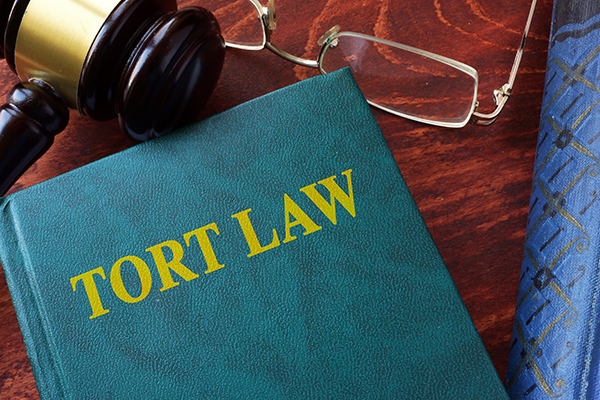In the world of tort law it is indisputable that claims are reaching new levels of significance. Competing trains of thought are typically clashing regarding the role of psychiatry in the courtroom. Traditionally, compensation is denied for mental injury in tort law unless mental injury resulted from another, independently recognized tort. Unless the evidence in the case reflects, for example, emotional distress from slander or a physical attack it is difficult to determine damages. California Civil Code of Procedure states that non-economic damages means subjective, non-monetary losses including, but not limited to, pain, suffering, inconvenience, mental suffering, emotional distress, loss of society and companionship, loss of consortium, injury to reputation and humiliation. It is the forensic psychiatrist’s duty to determine what is objectively true. The doctor will review all medical/legal/employment documents, performs objective (neuro)psych testing, and conducts a detailed psychiatric IME interview exam. He will provide evidence-based opinions to the trier of fact in addition to conveying to a jury the distinction that lies between a forensic psychiatrist (objective) and the treater (subjective) via effective communication.
Medical Malpractice
- Boundary Violations
- Medical Record Omissions
- Deviating from “Normal Operations”
- Psychiatric Malpractice
- Psychological Malpractice
- Psychotherpeutic Malpractice
- Wrongful death from prescribing psychiatric medication
Toxic Tort
- Asbestos Exposure
- Carbon Monoxide Poisoning (i.e. small gasoline powered engines/heaters)
- Mold Infestation
- Pollution (i.e. water table)
- Solvent Exposure
- Water Supply Contamination

